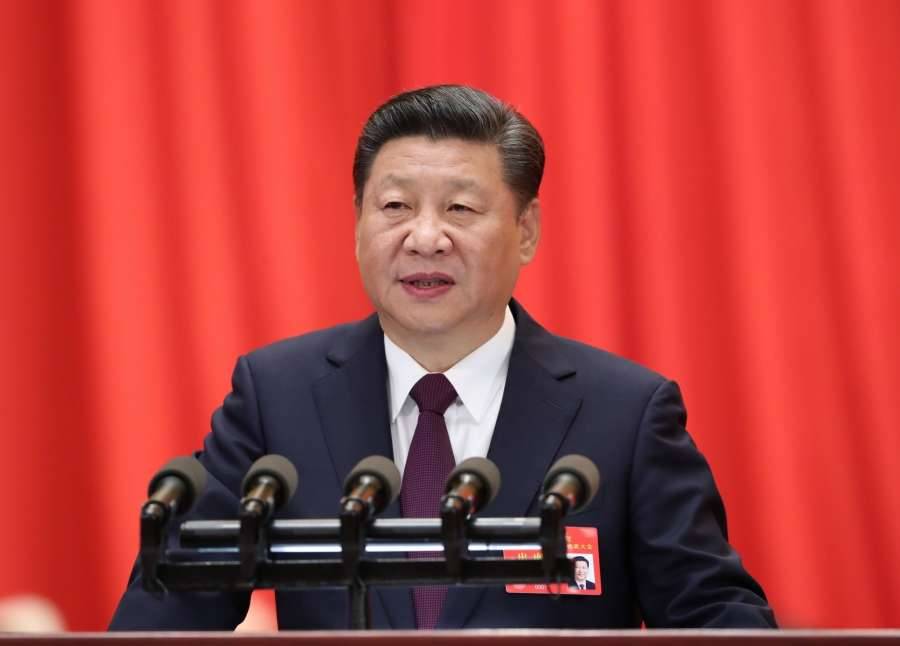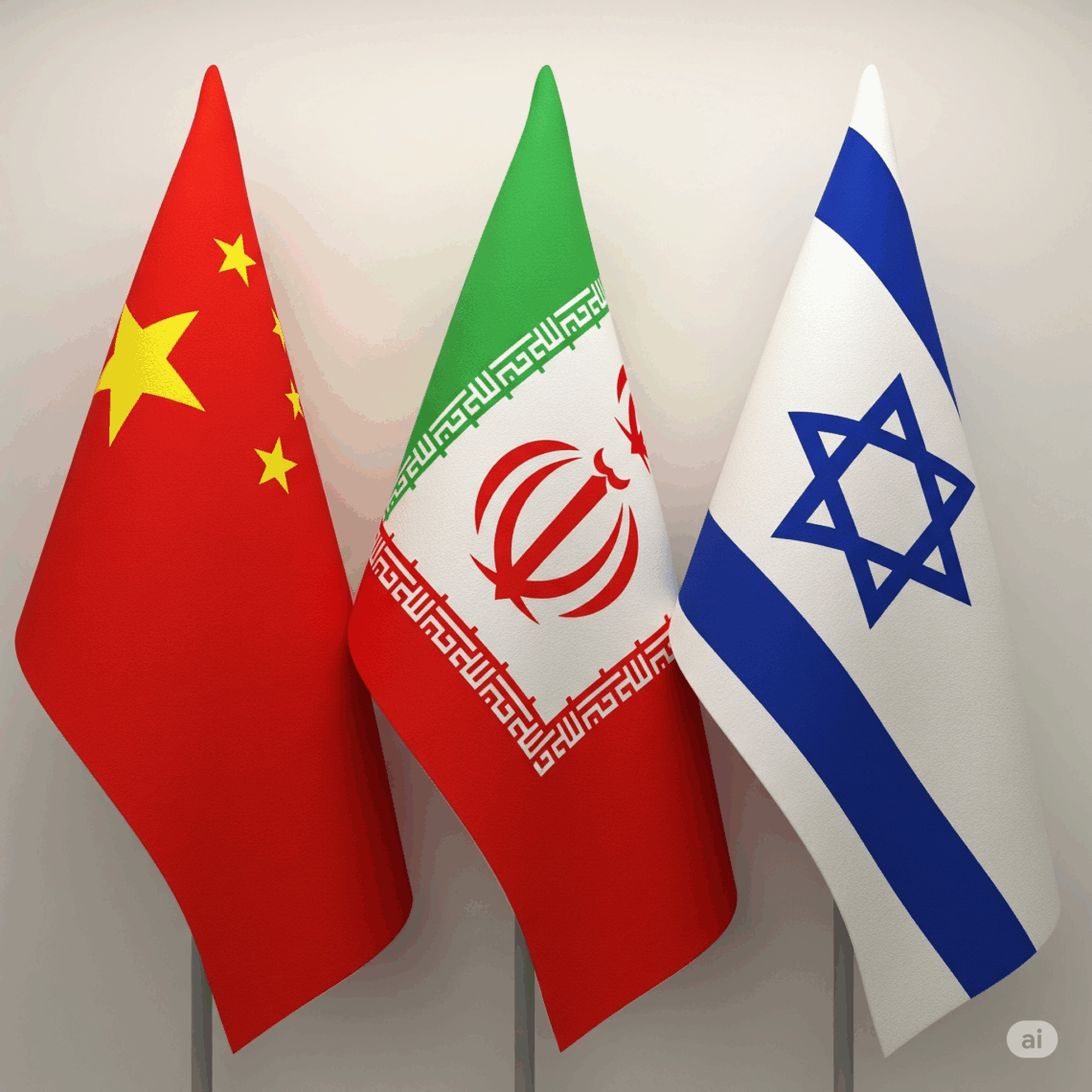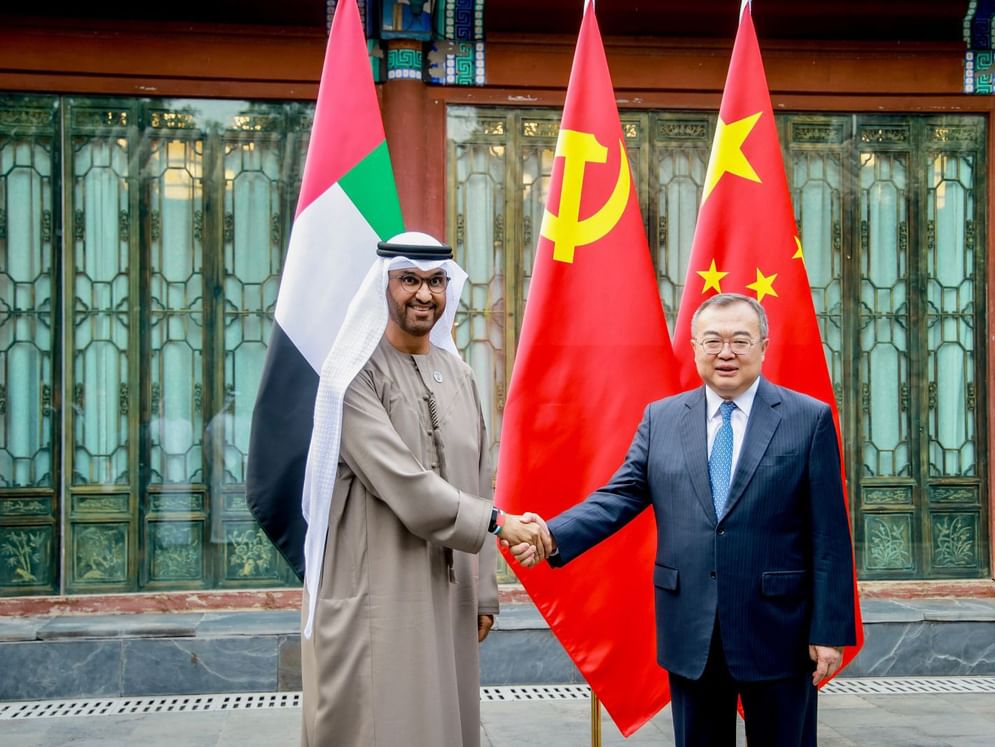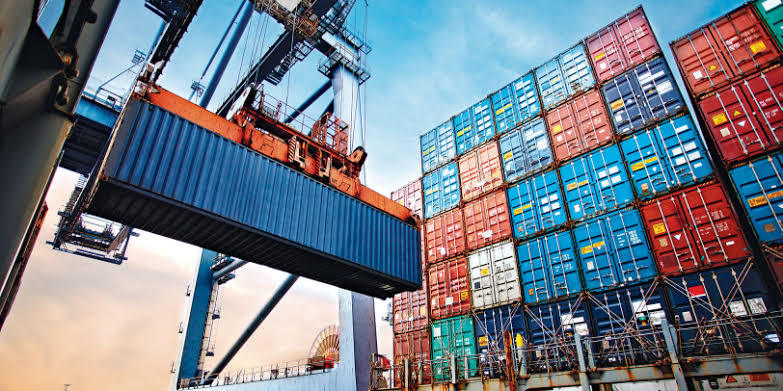British ministers are preparing to ban the government from buying health goods made in China’s Xinjiang region, amid mounting pressure from Conservative MPs over Beijing’s treatment of the Uyghur people
The British government will stop procuring goods from China’s Xinjiang region. The Government has accepted amendments to the Health and Social Care Bill to ban the import of goods from regions linked to slavery such as Xinjiang in China.
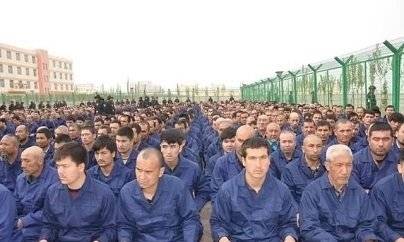
The Health and Care Bill 2021/22 outlines major changes to NHS rules and structures in England. The Bill is the largest legislative shake-up of the NHS in a decade and undoes many of the changes introduced by the Coalition government in the last round of major NHS legislation back in 2012.
British ministers are preparing to ban the government from buying health goods made in China’s Xinjiang region, amid mounting pressure from Conservative MPs over Beijing’s treatment of the Uyghur people, the Politico reported. Health Secretary Sajid Javid is pre-empting the threat of a major rebellion from his own party next week with an amendment to the bill that would seek the “eradication” of slavery from health care supply chains.
The legislation could require private companies obtaining NHS contracts to meet criteria on modern slavery grounds, potentially creating a blacklist of companies that have failed the U.K.’s test.
China has been accused of forced-labor abuses in Xinjiang. Uyghur campaigners and international experts say China is seeking to control the Muslim population there through forced sterilizations, brainwashing in camps and the destruction of mosques.

Anti-slavery campaigners, meanwhile, hailed the move as “the biggest advance in modern slavery legislation” since Britain launched its crackdown on the practice in 2015.
Responding to the news, Liberal Democrat Foreign Affairs Spokesperson Layla Moran MP said: “This is long overdue. It should not have taken a pandemic to shine a light on the hugely concerning links between supply chains involving forced labour – including those in Xinjiang – and PPE and other items used in our healthcare sector.
“The Government cannot stop here. We need a concerted effort across to ensure that UK supply chains are not tainted by modern slavery. That starts by following the lead of the US, and banning goods from Xinjiang altogether. It is also beyond time for this Government to recognise the genocide taking place against the Uyghurs.”
Amazon Link
Amazon is reportedly employing suppliers in China with links to forced labour of ethnic minorities from the Xinjiang region.
A report from research group the Tech Transparency Project (TTP), has accused Amazon of continuing to work with these suppliers, despite evidence of their association with Uyghur labour camps.
“Amazon’s public list of suppliers, which produce Amazon devices and goods for Amazon’s private brands, includes five companies that have been linked directly or indirectly to forced labour of ethnic minorities from China’s Xinjiang region,” TTP said in its report that came out late on Monday.
Amazon last “comprehensively updated” its supplier list in June 2021, but details about the five suppliers’ links to forced labour were public before then.
The findings raise questions about Amazon’s exposure to China’s repression of minority Uyghurs in Xinjiang, and the extent to which the e-commerce giant is adequately vetting its supplier relationships.
Amazon says that its suppliers “must not use forced labour” and that it “does not tolerate suppliers that traffic workers or in any other way exploit workers by means of threat, force, coercion, abduction, or fraud”. But its supplier list tells a different story.
In China, programmes euphemistically called “labour transfers” move workers from the Xinjiang Uyghur Autonomous Region, a predominantly Muslim area in western China, to factories in other parts of the country.
“Three Amazon suppliers are reported to have used forced labor directly: Luxshare Precision Industry, AcBel Polytech, and Lens Technology. Another two, GoerTek and Hefei BOE Optoelectronics, are themselves supplied by factories that have been implicated in forced labour,” the report mentioned.
“Amazon continued to include one company, Esquel Group, on its supplier list for more than a year after the US government imposed sanctions on an Esquel subsidiary for involvement in forced labour in China,” the report noted.
In a response to The Information, Amazon said it expects all items sold in its stores to comply with its supply chain standards, adding that the company takes action if it receives proof of forced labour.
“A month later, however, Amazon continued to include the Luxshare and AcBel subsidiaries on its supplier list,” said the TTP report.
TTP also found an example of a Chinese seller on Amazon simply deleting references to “Xinjiang” from its description of bedding, with no discernible change to the underlying goods — raising questions about Amazon’s monitoring of such sellers.
“Amazon’s continued use of companies with well-documented ties to forced labour in Xinjiang cast doubt on the tech giant’s stated intolerance of human rights abuses in its supply chain,” the report stressed.

